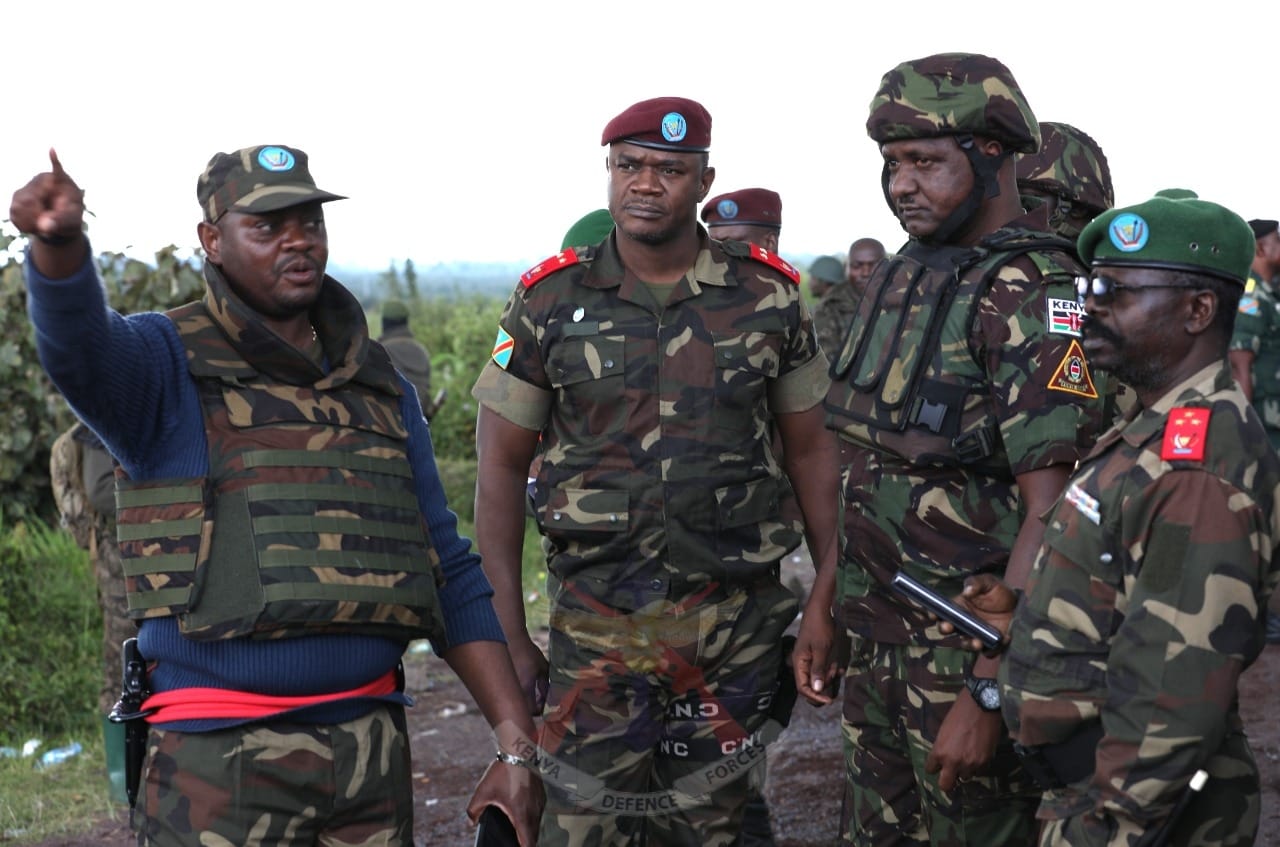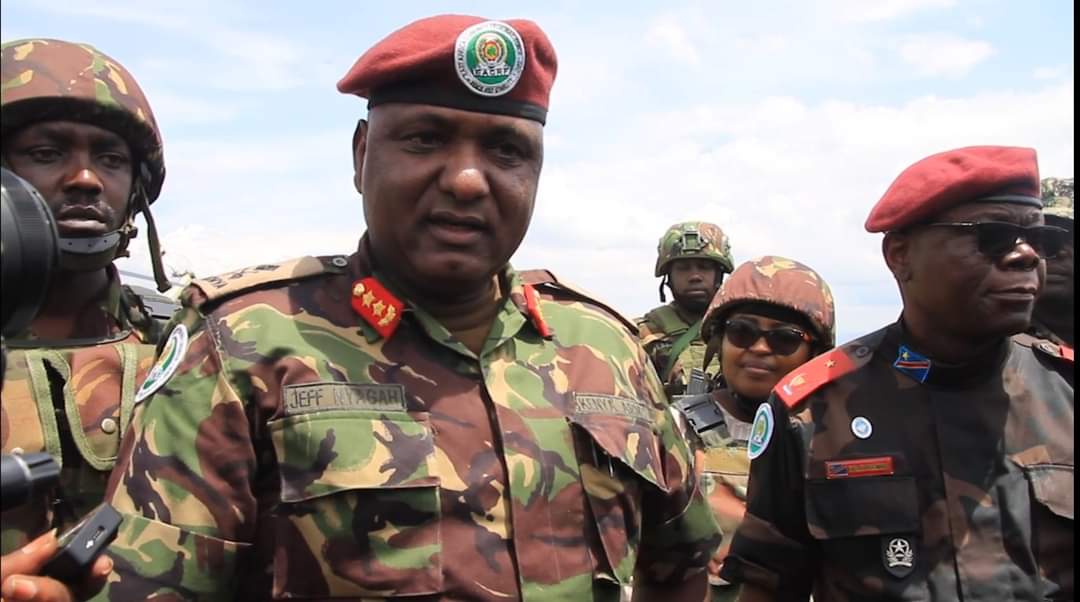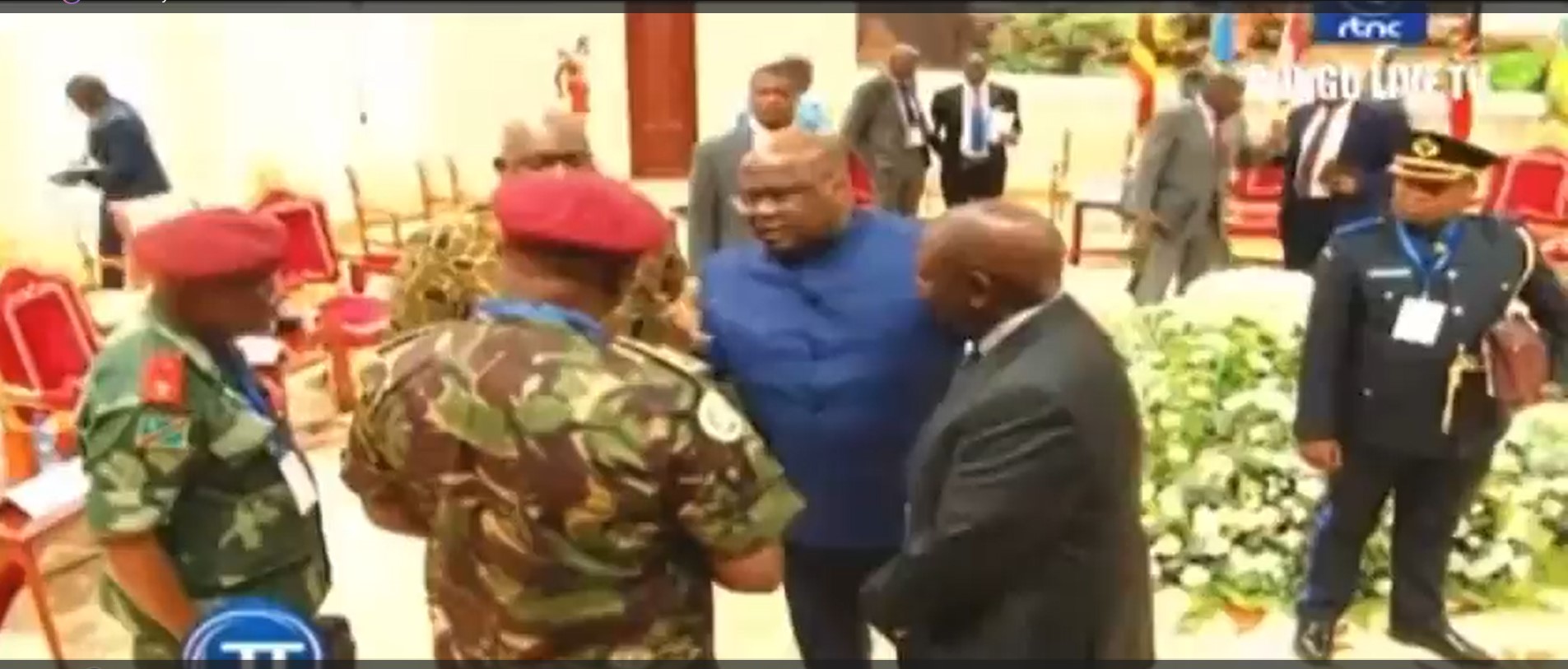Regional
DRC security not Tshisekedi's alone; EAC has a big stake

East
African Community Defence Ministers have acknowledged that significant progress
has been made by the Regional Force deployed to eastern DRC to support the Congolese
army in maintenance of law and order.
The
ministers therefore endorsed continued operations.
In
August, an extraordinary security meeting of the ministers was held in Nairobi to consider the progress made by the EAC Regional
Force in restoring security. They called for the force to remain focused on its
mandate of supporting DRC in restoring peace, as insecurity continues in the east
of the country.
However,
the final conclusion still rests with the Congolese government which has to
sign the status of force agreement extension to grant EACRF permission to stay
longer.
Will
President Félix Tshisekedi extend the force’s mandate?
Kenyan
Defence Cabinet Secretary Aden Duale said after the meeting, that, “We
recommended that the government of DRC considers extending the EACRF mandate
beyond the September 8th deadline to safeguard the gains made by the Regional
Force.”
The
EAC force’s mandate is due to expire on September 8, after a six months
extension in March. The force is supposed to create a buffer zone to prevent
confrontations between the government forces (FARDC) and M23 rebels as well as encourage
political dialogue. On the other hand, Tshisekedi has expressed annoyance
towards the EAC force, accusing its troops of ‘cohabitating’ with the M23
rebels.
The EACRF's mandate was perceived by Tshisekedi, at the
beginning, as "offensive.” But contributing countries later stressed that it
was "neutral" and was deployed to DRC to enhance the regional peace
effort. First, regional leaders stressed, diplomacy and dialogue must be given
chance. Military confrontation would be the last resort, if the rebels refused
to, for example, pull out of their earlier captured territories and give peace
a chance.
The refusal
of EACRF to attack M23 rebels annoyed Tshisekedi who started accusing the force
of being biased.
“It
is true that some days back, I expressed my certain annoyance at the behavior
of the East African regional force,” Tshisekedi said in August.
Ever
Tshisekedi confronted the former EACRF commander Gen. Jeff Nyagah, at the
February Heads of State Summit in Bujumbura, his attitude towards the presence
of the EAC force has not changed. In fact, it is hard to believe that Tshisekedi
will approve the extension of EAC force’s mandate, despite the remarkable achievements
it has registered in restoring order in eastern DRC.
The
EAC member states have sacrificed their troops and resources to help restore
peace and security in eastern DRC. Since DRC is an EAC member state, the peace
dividend is a collective gain and what affects the security of DRC affects the
whole region. Securing eastern DRC therefore, is not about Tshisekedi alone as
the absence of peace affects the entire EAC region.
Eastern
DRC has been a safe haven for armed groups which grew from about five in the 1990s
to 260 in 2023. Pacifying the vast region will not only bring back law and
order in the country, but also remove security threats to neighboring
countries.
Eastern
DRC is a safe haven for ADF rebels from Uganda who cross the border and kill
people. Burundi is threatened by RED Tabara militia. Rwanda is threatened by
FDLR terrorist group which was founded by remnants of the perpetrators of the
1994 Genocide against the Tutsi in Rwanda.
Eliminating
these groups will lead to security in the entire region, which will enhance regional
integration and development.






